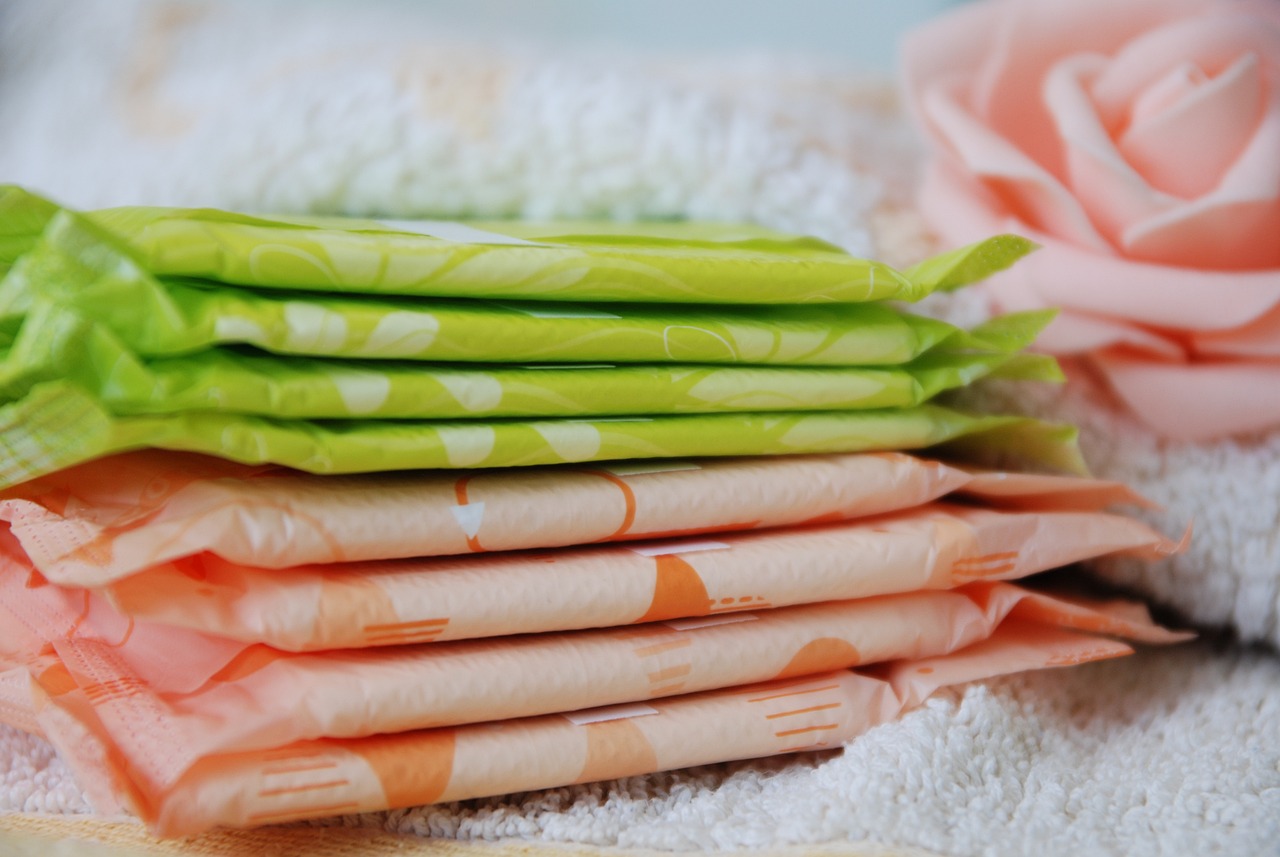Period Poverty in the Maldives
 The Maldives, the smallest country in Asia, has made notable progress in advancing women’s rights throughout recent years. However, sexual and reproductive health remains a heavily uncharted topic in the country due to religious sensitivity and national policy. One significant issue of concern is period poverty in the Maldives. Women not only face economic challenges in affording menstrual products, but they also battle an overarching societal stigma around the topic of periods.
The Maldives, the smallest country in Asia, has made notable progress in advancing women’s rights throughout recent years. However, sexual and reproductive health remains a heavily uncharted topic in the country due to religious sensitivity and national policy. One significant issue of concern is period poverty in the Maldives. Women not only face economic challenges in affording menstrual products, but they also battle an overarching societal stigma around the topic of periods.
Period Poverty
Period poverty refers to the lack of access to menstrual hygiene products, adequate sanitation facilities and education on menstrual health. This issue particularly affects individuals who cannot afford or readily obtain necessary menstrual products, leading to challenges in managing their periods with dignity and comfort. Period poverty affects around 500 million women and girls worldwide. It is not just an economic issue but also encompasses social and cultural barriers, including stigmas and taboos surrounding menstruation.
The Sensitivity of Sexual Health in the Maldives
In the Maldives, strict religious beliefs silence discussions regarding sexual health. The conservative religious landscape has harvested an environment of shame and sensitivity around topics such as non-marital sexual activity, reproductive health and menstruation, resulting in a stigma that prevents open discussions and advancements in these areas. This obstacle has significantly hampered efforts to combat period poverty in the country, depriving women of access to healthcare, education, and hygienic and affordable products.
The capital city of Male primarily houses sexual health services that may offer women an opportunity to seek care and access. With over a thousand islands, nearly 200 of which are inhabited, this poses an extreme challenge of accessibility for people not within reachable distance, especially those living in rural areas. In addition to this, there is a lack of access to menstrual products due to the landscape and barriers to traveling.
The lack of sexual healthcare for women, coupled with a reluctance to address these issues, results in a cycle that harms women and girls across the Maldives. The religious and cultural sensitivity surrounding the topic has created ongoing challenges for women and the issue of period poverty in the Maldives.
As periods are still a taboo subject in the Maldives, there is very little discussion surrounding them, especially in school systems. These problems are at risk of not being addressed throughout the country, specifically within parliament. As of 2021, women occupied only 4.6% of parliamentary seats in the country. This underrepresentation of women in leadership and policy-making positions further imposes a barrier to women’s rights and breaks the stigma around sexual health and menstruation.
Making Efforts
One project has served as a beacon of hope for the country and its citizens amidst the challenges of access that women face in the Maldives. In 2019, Zero Waste Maldives launched the Cupvert initiative to make menstrual health information more widely accessible to women across the country, while also educating them on eco-friendly and sustainable ways to manage their periods. Education and awareness are a large part of the Cupvert initiative, spreading information to break the silence surrounding menstruation and sexual health care. The initiative does this through campaigns, workshops and outreach projects. By educating women on menstrual health, Cupvert wants to empower them to continue the conversation and make informed decisions regarding their menstrual health.
In addition to education and outreach, Cupvert promotes sustainable and eco-friendly menstrual products, which hold a more practical use in the Maldives. Products like reusable cloth pads or menstrual cups are easier to use in an area like the Maldives, where the geographic landscape prevents easy traveling and access to stores or markets.
Since its launch, Culvert has reached more than 45,000 people across the Maldives, according to Zero Waste Maldives. This project has sparked conversations, educated women, challenged societal norms and offered practical solutions to such a large issue. Cupvert goes beyond just spreading awareness, it actively sparks a sense of empowerment and belonging for women across the country, one that they have never experienced before. It has sparked a major progression for women’s health, one that will hopefully serve as a stepping stone toward accessibility and the elimination of period poverty in the Maldives.
Looking Forward
The issue of period poverty in the Maldives is deeply rooted in religious and cultural sensitivity. Despite the challenges posed by a lack of sexual health care accessibility, societal stigma and the underrepresentation of women in leadership, the Cupvert initiative stands out as a beacon of hope. By sparking empowerment and challenging societal norms, Cupvert signifies a crucial step toward breaking the silence surrounding menstruation and eliminating period poverty in the nation. The success of this initiative highlights the potential for positive change and a brighter future ahead for women’s health in the Maldives.
– Katherine Barrows
Photo: Pixabay
